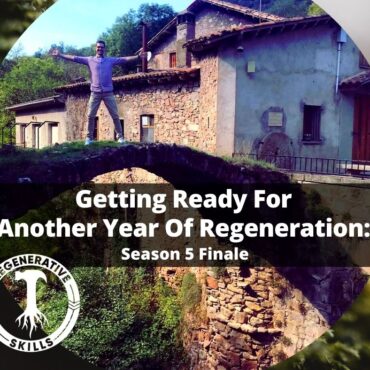
Getting ready for another year of Regeneration: Season 5 finale
If you have a restoration or reforestation project anywhere in Europe, click the link to fill out a short information form and see if you’re eligible to receive free trees […]
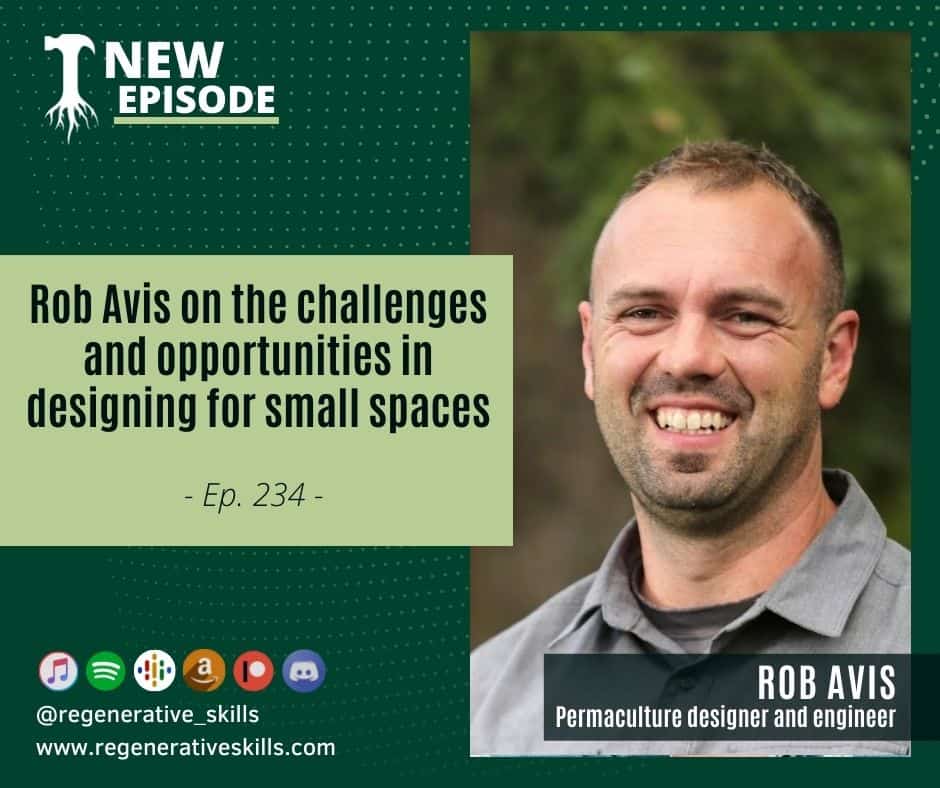

Check out New Society Publisher’s sustainability practices for digital reading
Welcome to the very first episode of Season 6 of this show. This podcast has undergone a lot of changes and evolutions since I began as the Abundant Edge podcast back in 2017 in Guatemala. Back then I was working mostly in natural building designing homes and managing construction sites for friends and clients around lake Atitlan, now it’s been two and a half years since I moved to Spain to be with my partner, and after years of searching and planning, we’re now preparing to move to a new property later this year in the Catalan mountains. Yet through all of these changes, my fascination for the knowledge and stories of folks around the world who are working to regenerate this planet and their communities has only grown.
This year and over the 48 weeks of this podcast season, I want to take you through a learning journey through some of the most important concepts, skills, and experiences that I’ve come to value in my professional work, as well as the path that I’ll be taking to move into our new property and design the place to accomplish the personal, financial, and community goals that my partner and I have set out for ourselves.
I’ve also been listening keenly to the valuable feedback and ideas that have been coming up from the Discord channel. Many of you there have voiced a clear interest in hearing more in-depth and long form interviews, and so that’s exactly what I’ll be working to provide.
So to start off this season, I’ll be doing a deep dive into the design process from some of the most renowned permaculture and regenerative project planners that I know.
Since all of you are coming from different contexts and resource bases, I’m approaching this topic from different angles.
In this first session I spoke with Rob Avis from Verge Permaculture. For 12 years now he and his wife Michelle along with a growing team of designers have been elevating professional permaculture design in Canada and have written and produced professional resources and educational content in order to make permaculture and environmental design learning accessible to as many people as possible.
Since launching Verge, he’s helped more than 5,000 students and a growing number of clients design and/or create integrated systems for shelter, energy, water, waste, and food, all while supporting local economies and regenerating the land.
In 2019, Rob moved to a 65-hectare [160-acre] wooded property in central Alberta, Canada, and now spends most of his free time building his own permaculture property.
In this session we covered a lot of ground, but focused on the design process specifically for small and residential scale projects. We talk about the differences in the process at small scales and the advantages and disadvantages of the space limitation.
Rob shares a lot of his personal learning from being a designer and educator for over a decade and the aspects of the learning and observation process that he’s expanded or now breezes past. We also spend some focused time talking about the opportunities outside of just growing food that he sees in making a living and building business through the application of permaculture training.
Be sure to stick around all the way till the end where Rob gives a sneak peak at the new blockchain project he’s launching this year with the cofounders of the Ethereum cryptocurrency with the goal of regenerating the planet by 2049.
Rob brilliantly mixes a deep and philosophical understanding of earth care and environmental patterns with a practical and focused approach of a career engineer. You’ll want to take the time to hear this one all the way through.
Links:
https://www.youtube.com/c/VergePermaculture
https://www.instagram.com/vergepermaculture/

If you have a restoration or reforestation project anywhere in Europe, click the link to fill out a short information form and see if you’re eligible to receive free trees […]
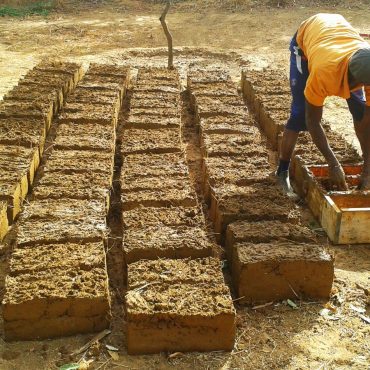
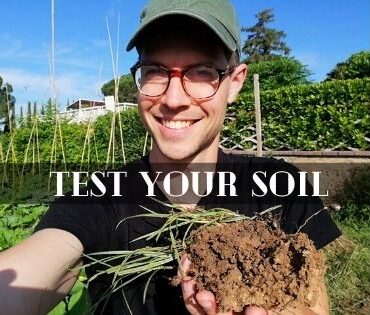
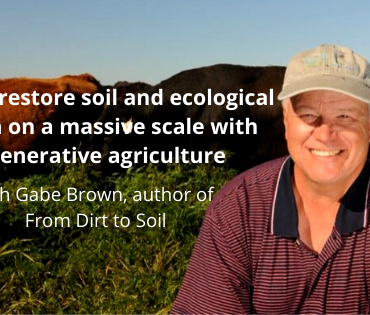
Copyright Regenerative Skills 2021
Post comments
This post currently has no comments.